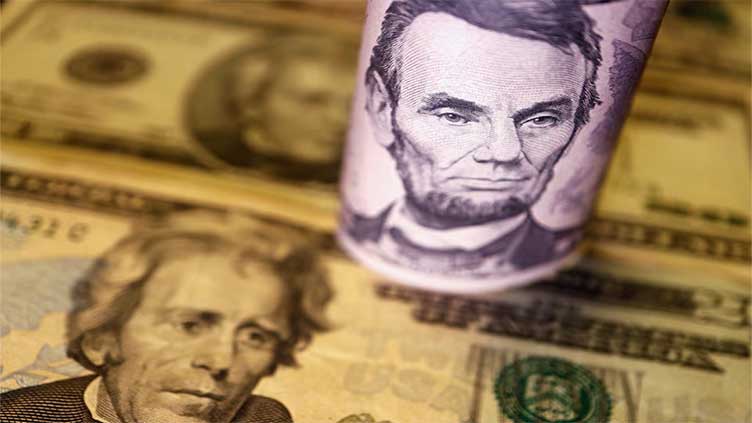Safe-haven dollar firms as war widens in Middle East

Business
The euro eased 0.06% to $1.1060, following its largest drop in nearly four months on Tuesday
SYDNEY (Reuters) – The dollar held onto its sharpest gains in a week on Wednesday after an Iranian missile attack on Israel drove buying of safe assets as investors fretted about the widening of conflict in the Middle East.
Moves in Asia were slight, though most currencies were attempting to regain some ground after sharp falls in the previous session.
The euro eased 0.06% to $1.1060, following its largest drop in nearly four months on Tuesday.
The Australian and New Zealand dollars erased early gains to last trade 0.06% and 0.25% higher, respectively, at $0.6887 and $0.6296.
The kiwi was further pressured by bets of more aggressive easing from the Reserve Bank of New Zealand (RBNZ) when it meets next week, with markets pricing in an 87% chance of a 50-basis-point cut.
Iran said on Wednesday its missile attack on Israel, its biggest military assault on the Jewish state, was over, barring further provocation, while Israel and the United States promised to retaliate against Tehran as fears of a wider war intensified.
Israel said Iran fired more than 180 ballistic missiles and Iran's Revolutionary Guard Corps said the attack was retaliation for Israeli killings of militant leaders and aggression in Lebanon against the Iran-backed armed movement Hezbollah.
Markets' response to the Middle East tensions thus far has largely centered on oil prices and ANZ analysts noted further moves will likely be determined by Israel's response and whether it attacks Iran's military or oil industry.
Elsewhere, the bid for safety kept the Swiss franc steady at 0.8460 per dollar.
Sterling fell 0.11% to $1.3272, while the US dollar rose marginally to 101.27 against a basket of currencies.
The dollar index rose about 0.5% in the previous session, its largest rise since Sept. 25, which was also helped by a stronger-than-expected reading on US job openings.
Westpac strategist Imre Speizer said the Middle East was unpredictable but that in the absence of escalation market sentiment could recover and focus return to economics.
In Japan, the yen was last 0.14% weaker at 143.78 per dollar.
The country's newly appointed economy minister, Ryosei Akazawa, said on Wednesday that Prime Minister Shigeru Ishiba expects the Bank of Japan to make careful economic assessments when raising interest rates again.
Focus now turns to US private payrolls data due later on Wednesday, with traders also keeping a wary eye on a labor dispute at US ports.
East and Gulf Coast dockworkers began their first large-scale strike in nearly 50 years on Tuesday, halting the flow of about half the country's ocean shipping.
In a nationally televised debate on Tuesday, US Senator JD Vance, Republican Donald Trump's pick as his vice presidential running mate, squared off against Minnesota Governor Tim Walz, who Democrat Kamala Harris tapped to be her No. 2, though the event was met with muted market response.


